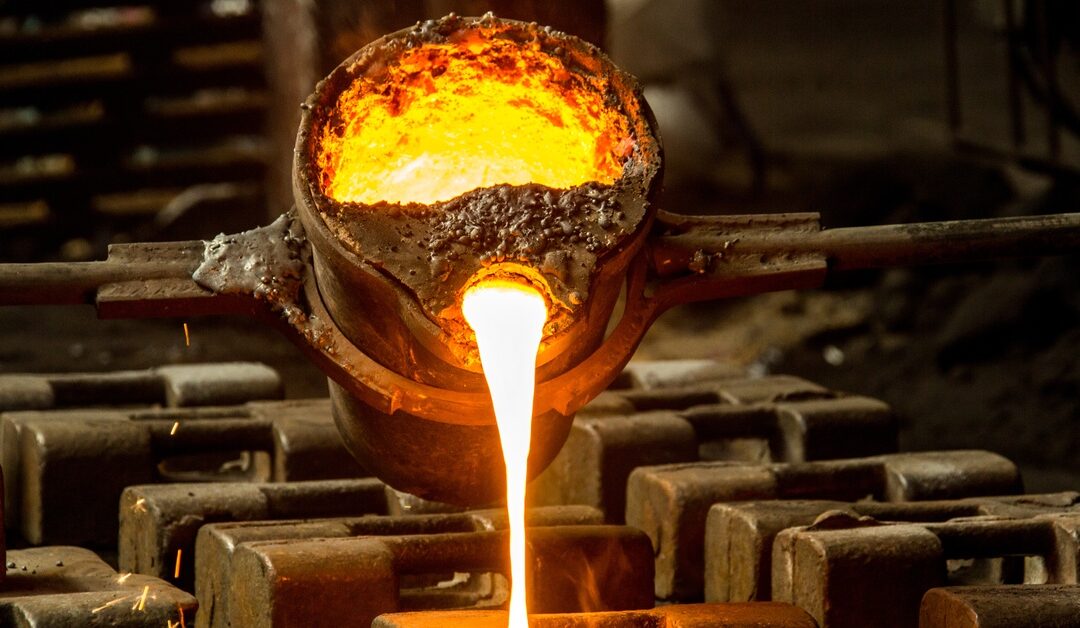Metal casting is a versatile manufacturing process that involves pouring molten metal into a mold to produce complex shapes with high precision. The application, desired properties, and industry requirements determine the type of metal used in this process.
Read on to learn about the most-used metals for casting, their characteristics, and why they’re so popular.
Aluminum
Aluminum is one of the most popular metals for casting due to its lightweight nature and corrosion resistance. It’s used in the automotive, aerospace, and construction industries.
Aluminum excels at filling molds and flowing smoothly, making it ideal for intricate or thin-walled castings. Furthermore, it offers excellent strength and durability while remaining easy to machine, making it an attractive choice for manufacturers.
Steel
Steel is another top choice for casting, particularly for applications requiring exceptional strength and wear resistance. It can be cast as carbon steel, tool steel, or stainless steel, depending on the application.
Stainless steel, for example, adds corrosion resistance to the mix, making it ideal for outdoor or high-moisture environments. Steel casting offers versatile options for everything from structural parts to tools and heavy machinery components.
Bronze
Bronze has been used for casting for centuries and is still incredibly relevant today. Bronze casting manufacturers value it for its unique combination of corrosion resistance, strength, and aesthetic appeal.
Bronze excels in wear resistance, making it ideal for components like bushings, bearings, and gears. Industries and artists alike use bronze for its durability and decorative appeal.
Copper
Copper boasts excellent thermal and electrical conductivity, making it ideal for electrical applications and HVAC systems. Copper castings are corrosion-resistant and machinable, making them a reliable choice for a wide range of components. Its antimicrobial properties also actively enhance applications in health care and plumbing.
Zinc
Zinc stands out for its cost-effectiveness and outstanding versatility. Die casters prefer zinc for its low melting point, which allows them to rapidly produce high-volume precision components.
Zinc is often used to manufacture items like automotive parts, gears, and decorative components. Industries with tight budgets often choose zinc because it offers high durability and can be easily plated or finished.
Expert Support in Metal Casting
Choosing the right metal depends on your project’s needs. Aluminum may be the best choice for lightweight parts, while durability might lead you to select steel or bronze.
Wieland Diversified, a trusted metal provider, offers years of experience and high-quality materials to meet various casting demands. If you’re in the market for premium materials, collaborate with us to ensure your project’s success.
Why Metal Selection Matters
Deciding which metal to use for casting can directly affect the finished product’s performance and longevity. From the wear-resistant advantages of bronze to the lightweight benefits of aluminum, understanding the most-used metals for casting allows manufacturers to choose the best solution for their needs.
With proper selection and expert guidance, manufacturers can achieve efficiency and precision in their casting processes. Need help finding the perfect metal? Contact Wieland Diversified to achieve quality and reliability in your next project.

